News
"Twenty-six years ago we defended our independence"
The faculty of “Sport Industry Management” hosted an open master class of the legendary football manager, former vice-chairman of the board of directors of “Arsenal” and the Football Association of England, one of the main founders of the English Premier League (EPL) David Dein. During the class, he spoke about the way that this tournament has done since its foundation 26 years ago, turning during this time from the championship, which games was openly unsafe to attend, in the most bright, respectable and commercially successful national football championship in the world.
“The decision that established the English Premier League in 1992 has been in the making since the mid-1980s”, said David Dein, who has served as vice-chairman of Arsenal’s board of directors since 1983. — In those days, the English stadiums were in a depressing state: they were mostly old, unmanaged, not meeting any requirements of comfort and safety, there were hooligans, there was really dangerous.
In 1985 happened Heysel Stadium Disaster — the final match of the European Cup between Liverpool and Juventus, is largely the fault of English fans killed 39 people, and all the English clubs for many years were expelled from European tournaments.
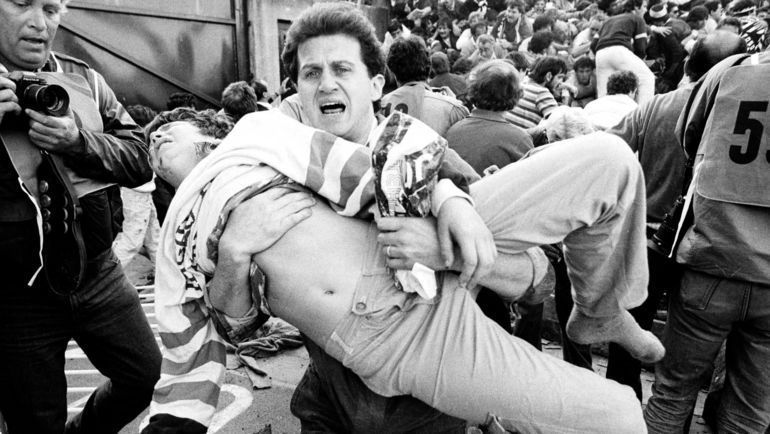
However, this was only the beginning. Four years later, even more terrible events took place at “Hillsborough”, where 96 people became victims of a crush on the match between Nottingham forest and Liverpool.
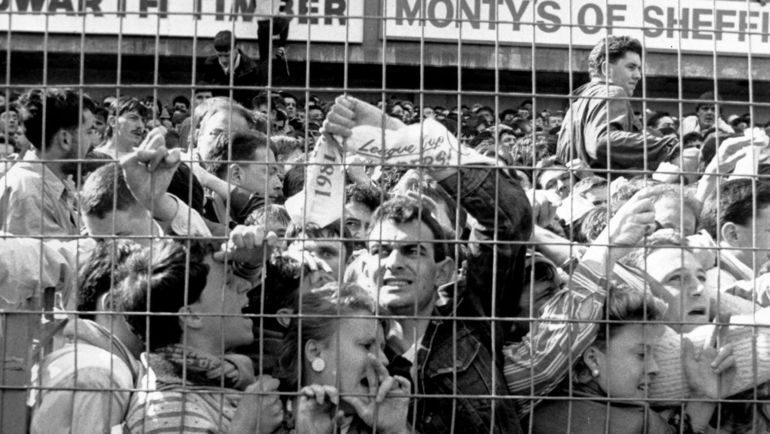
So, we had to do something urgently, we had to save the reputation of English football, our business, in the end — in those days we were catastrophically behind La Liga, Serie A by attendance of matches, and the level of income, so our best players went to foreign Championships.
However, the decision-making that could promote to the fight against football hooliganism and the modernization of our stadiums, in particular the mandatory replacement of all standing places with sitting ones, was hampered. The fact that the first division of the championship of England was then part of a single Football League, which united the clubs of the four divisions, so that in order to get things moving grandees had to coordinate a single position with a large number of provincial, downgraded clubs, which to such coordination and generally to any changes, as a rule, did not seek.
Meanwhile, the Football League owned the rights to a single television package of all four divisions, and although without matches of the First division, those rights are almost worthless, the money is distributed in the proportion that the elite couldn’t suit — they received only half of all television media, the Second division is a quarter, and the remaining 25 percent equally divided between teams of Third and Fourth in the League.
In the end, it is this situation that led to the fact that in the summer of 1991, the five leading clubs of the First division — Arsenal, Manchester United, Tottenham, Liverpool and Everton announced their exit from the Football League and established a new structure, which they decided to call the Premier League. Thus, we became independent from the Football League and were able to negotiate the sale of television rights, enter into partnerships and sponsorship agreements.
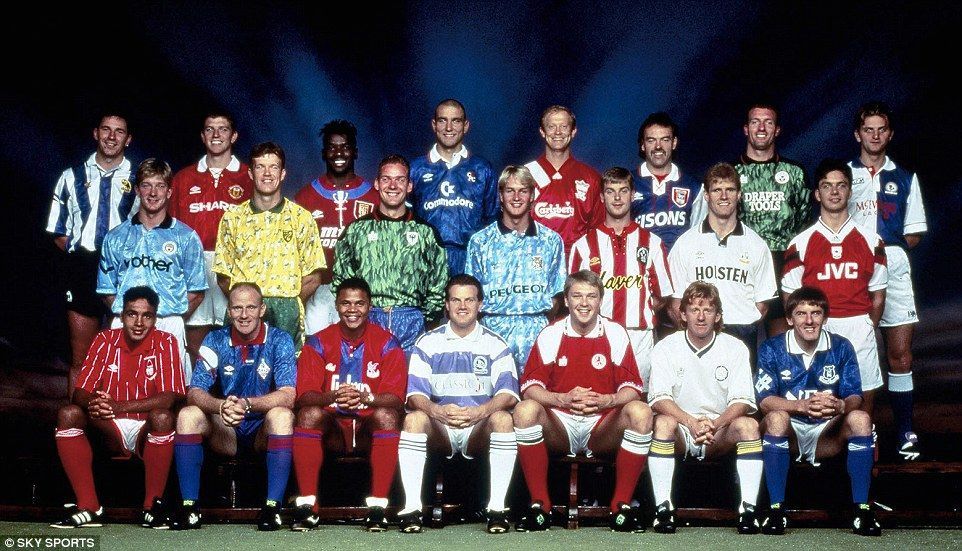
The most difficult thing for us at that time was to persuade to follow our example the other clubs that were part of the First division. They feared first of all that unfair distribution of television money, believing that the lion’s share of the “big five” will take.
However, we have offered them a scheme of division that has forced them to give up their doubts and which is almost unchanged in the Premier League to this day: 50 percent of all the money received on the television contract, divided between all the clubs equally, and the rest-taking into account the sports results and the number of games shows of a club on television.
Thanks to this scheme, there are no poor clubs in the Premier League, it provides a healthy financial balance, and ultimately — a high competitiveness of the tournament and its participating teams. Take a look at the table of the season ended. Became the champion of Manchester city scored 100 points in it, West Bromwich left the League with 31 points. Meanwhile, the difference in their income from the contract is much less striking — West Brom received from television 62 percent of the amount that earned “Manchester city”.
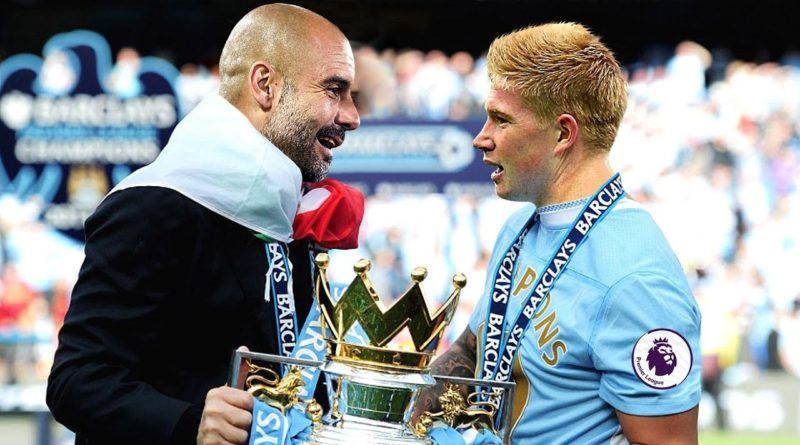
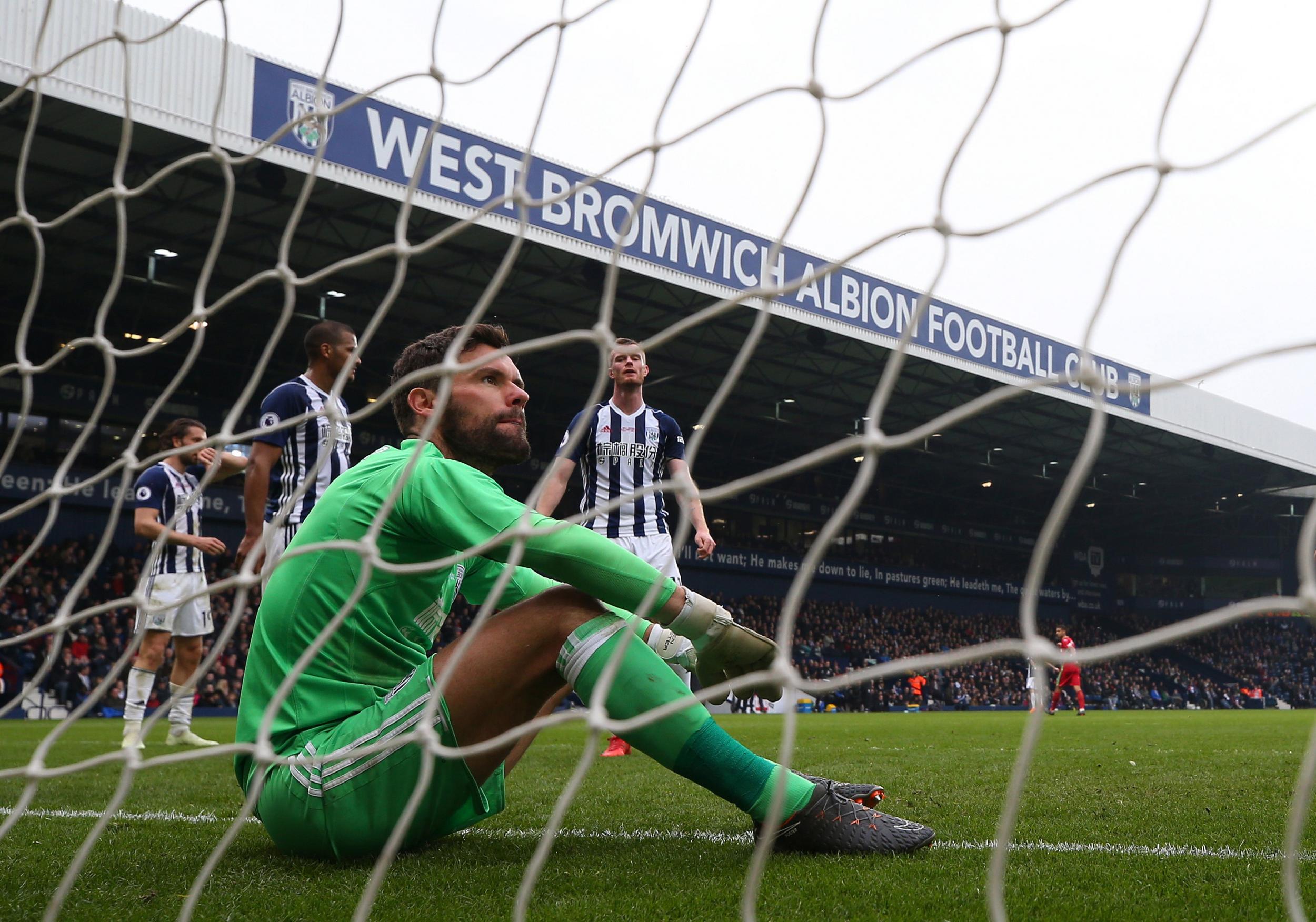
Summing up, we can say that the decisions taken 26 years ago, laid the foundation for the current well-being of the Premier League. The numbers say that we have moved and continue to move in the right direction.
The world television audience of the Premier League is currently more than 1 billion people, more than 80 TV companies broadcast our matches in 188 countries. Revenues from the sale of media in the past since the founding of the League have increased 40 times — revenue from existing television agreements to show the matches of EPL in England and abroad will total 8.4 billion pounds.
Encouraging and dynamics of the attendances of the Premier League. In our first season 1992/93 it barely exceeded 20 thousand people on average at the game, now this figure is approaching 36 thousand. The average occupancy of the stadiums at every match now stands at 96.6 percent, according to this indicator we are very close to the maximum of its current capabilities, and we continue to grow we are building new stadiums, renovating and expanding old.
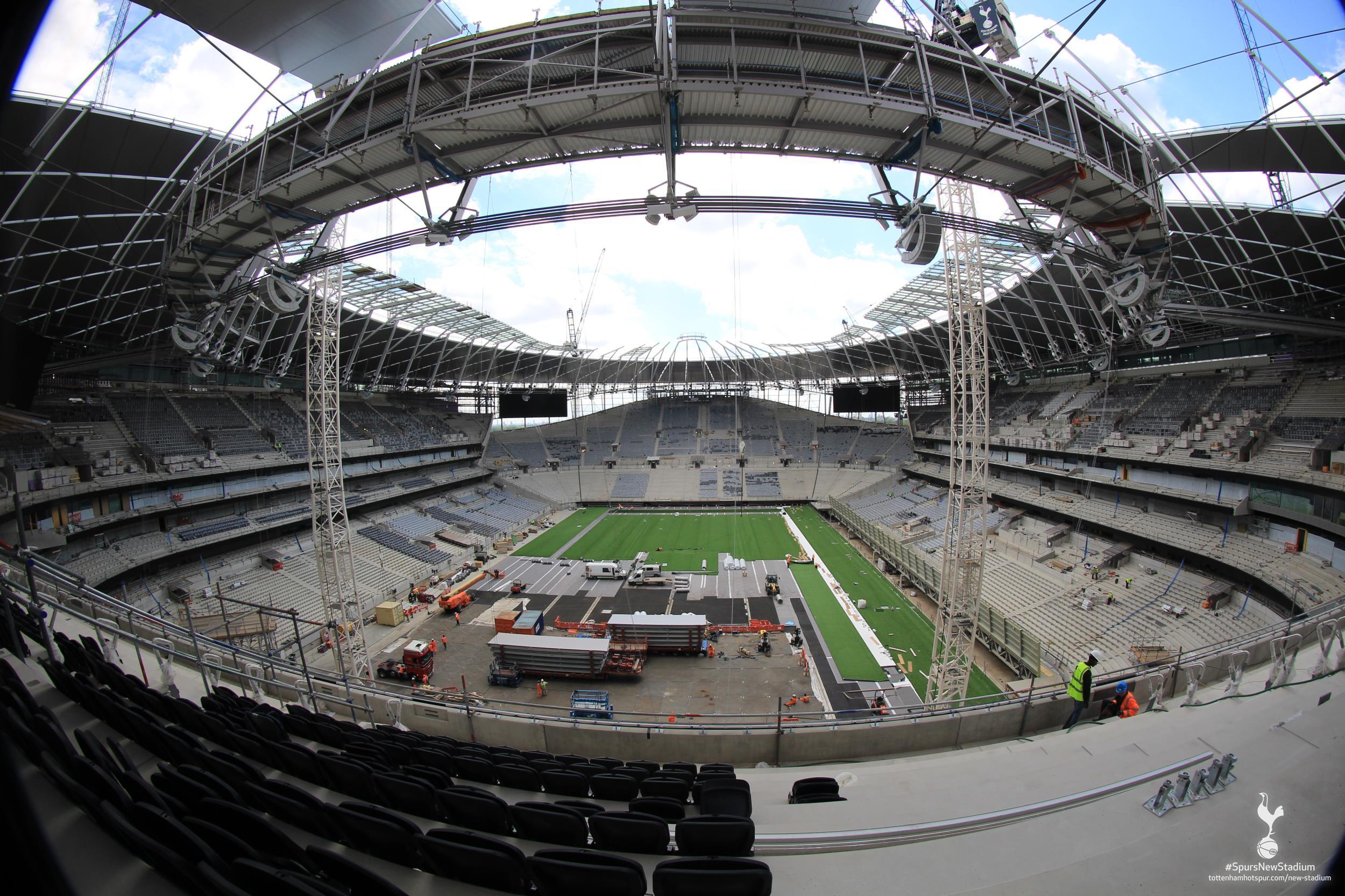
We have defeated hooliganism, we have made 23 percent of the current visitors to our football arenas are women. Finally, we have created conditions in which the playing in the Premier League is a dream for any professional football player. I have already said that when we started, the best English players played abroad. And now — look: in our team at this World Cup there is no Legionnaire, and almost 17 percent of all players who came to the tournament in your country, represent the clubs of the Premier League. These are the best players of their countries, and this is the best characteristic of the English Premier League,” David Dein concluded.
